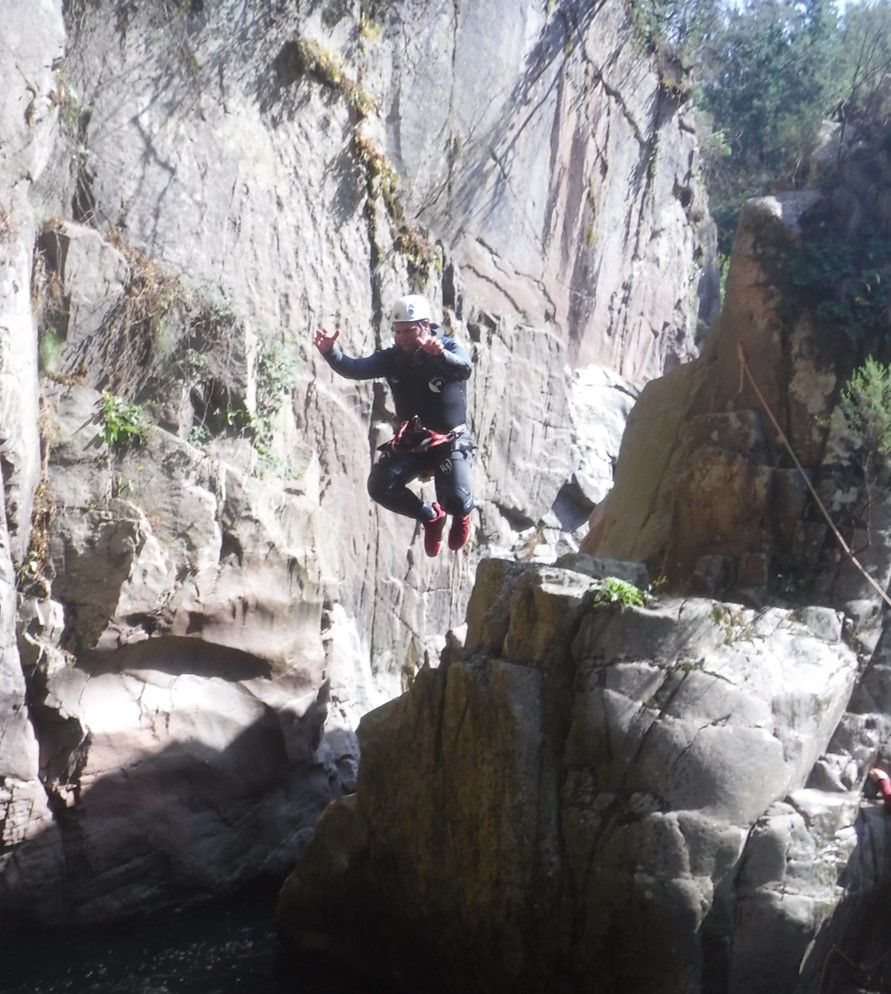The study of the ways in which water, materials and organisms interact.
What are your undergraduate and graduate degrees in?
BS in Environmental Engineering, PhD in Systems Ecology
How did you arrive at working in/thinking about ecohydrology?
As an undergraduate, I did research on treatment wetlands, and expanded that to include wetlands (and then streams, lakes, and aquifers) more broadly as a graduate student. Wetlands are excellent venues for thinking generally about the interactions of organisms and water.
What do you see as an important emerging area of ecohydrology?
It’s not new, but I am most excited about the idea of biogeomorphic feedbacks. The role of biota in regulating the mode and magnitude of geomorphic change, especially in karst systems, is a really compelling example of the deep coupling among processes that is the earth system.
Do you have a favorite ecohydrology paper? Describe/explain.
Among the first papers that got me thinking about biogeomorphic feedbacks was Corenblit et al. (2007) Reciprocal interactions and adjustments between fluvial landforms and vegetation dynamics in river corridors: a review of complementary approaches Earth Science Reviews (84:56-86). That paper explores the complex mosaics of riverine floodplains through a systems lens, wherein sediment transport dynamics, vegetation recruitment and growth, and geomorphic structures are inextricably coupled processes. It weaves in flood disturbances, channel hydraulics, and ecological succession, culminating in the idea that the geomorphic structures that organisms create are a mode of evolutionary inheritance (the extended phenotype concept). We’ve adopted that view for karst and peat wetlandscapes in south Florida.
What do you do for fun (apart from ecohydrology)?
Homesteading, soccer, cooking, woodwork, weightlifting.

 RSS Feed
RSS Feed